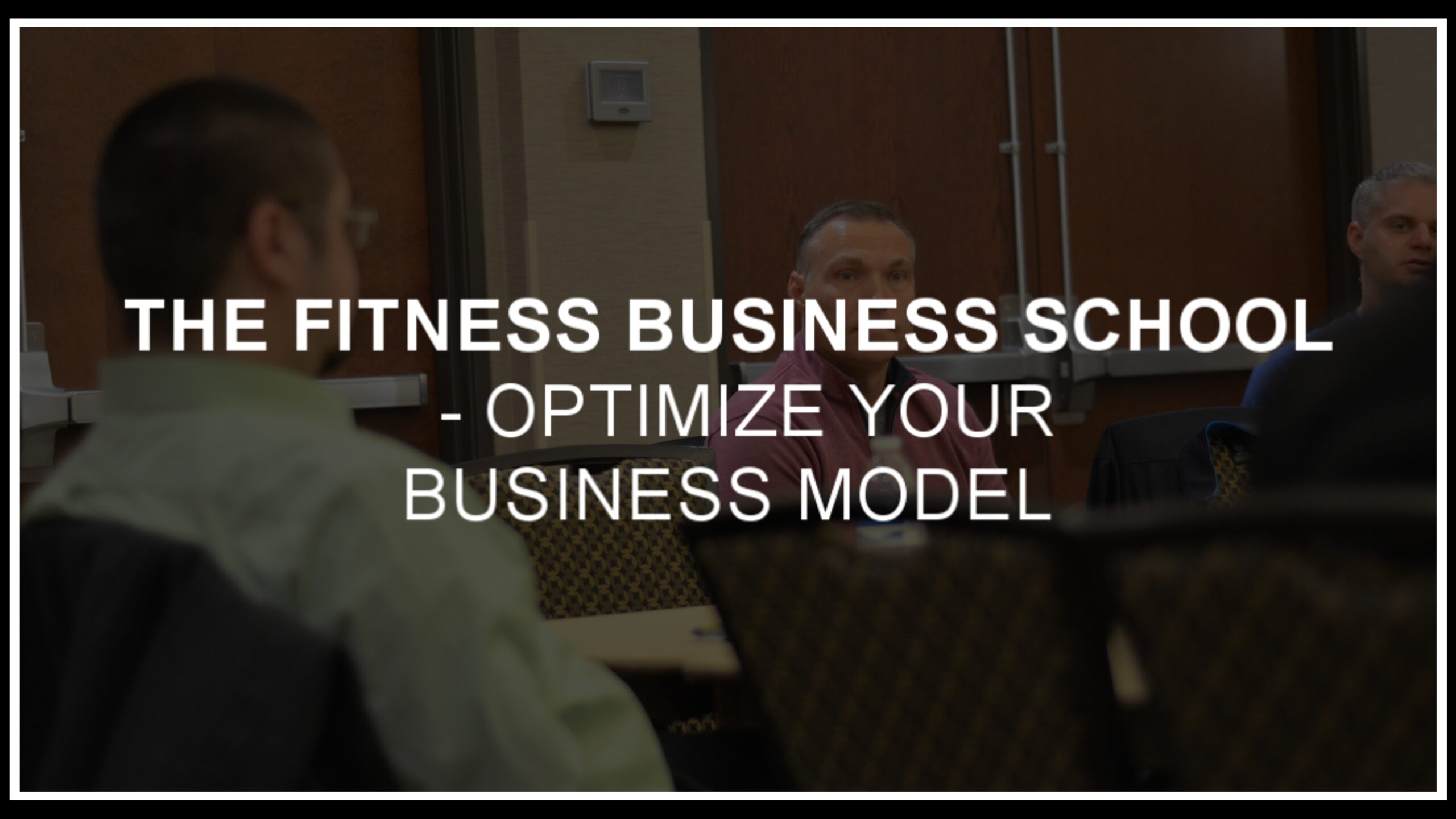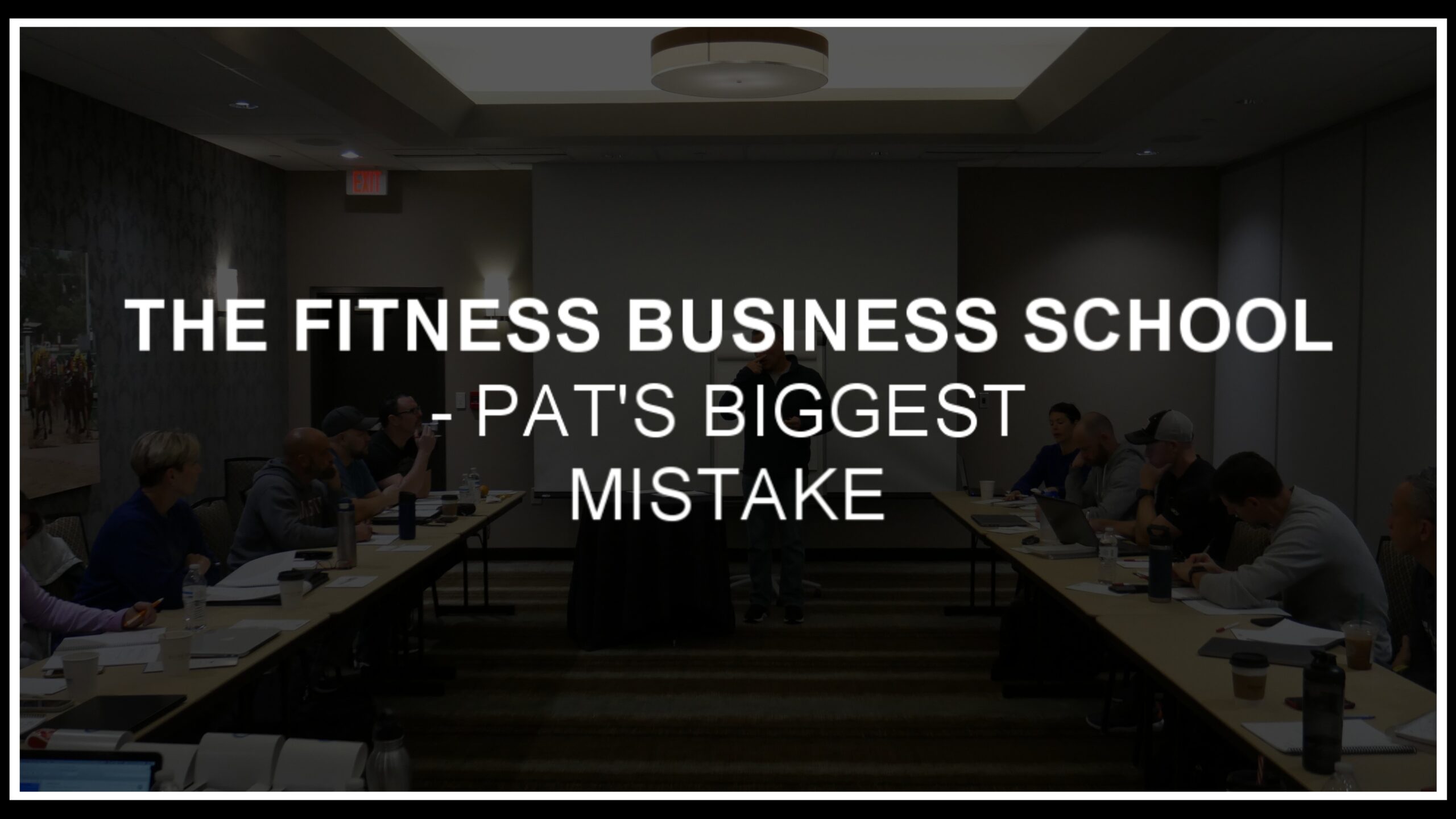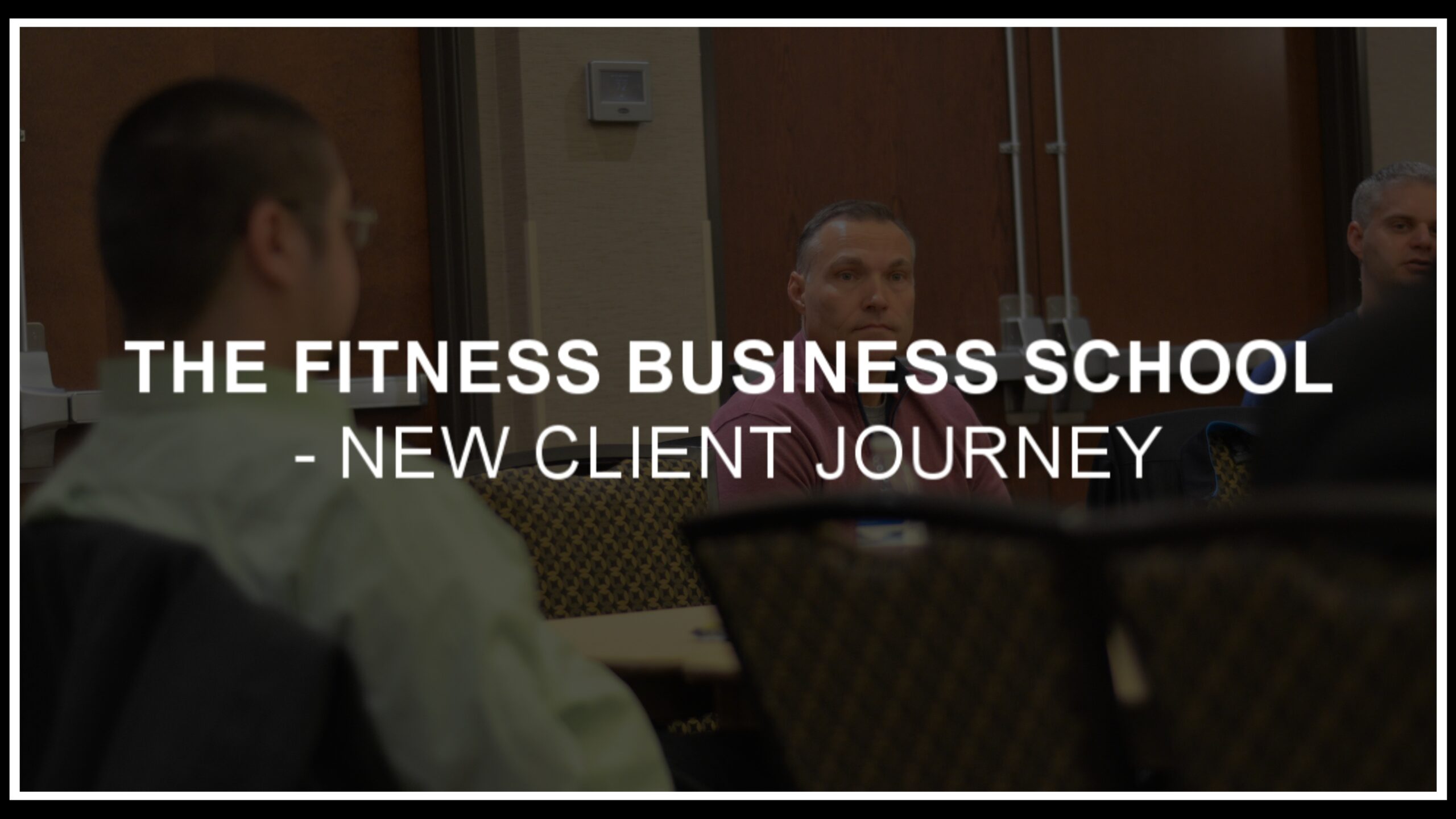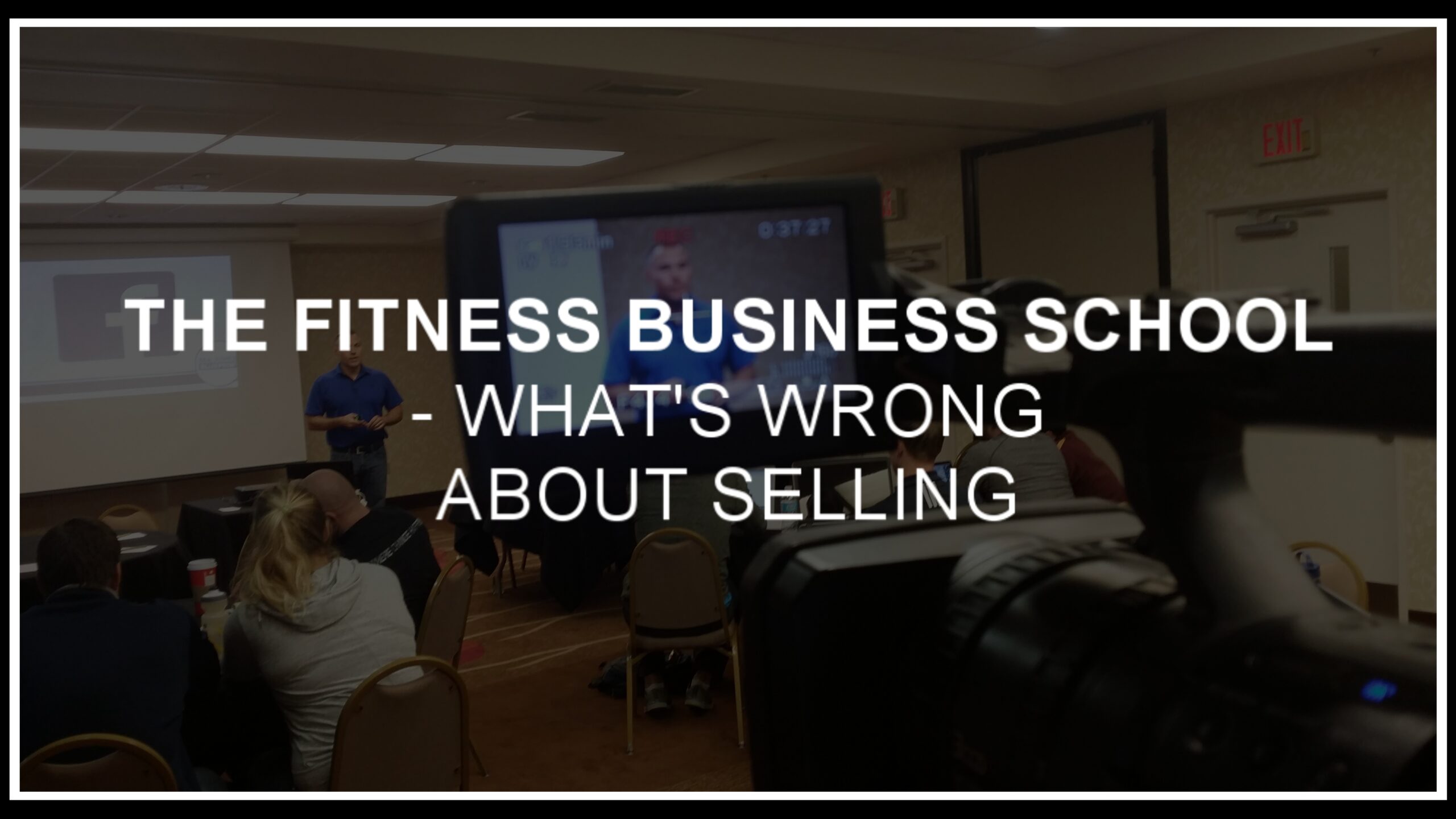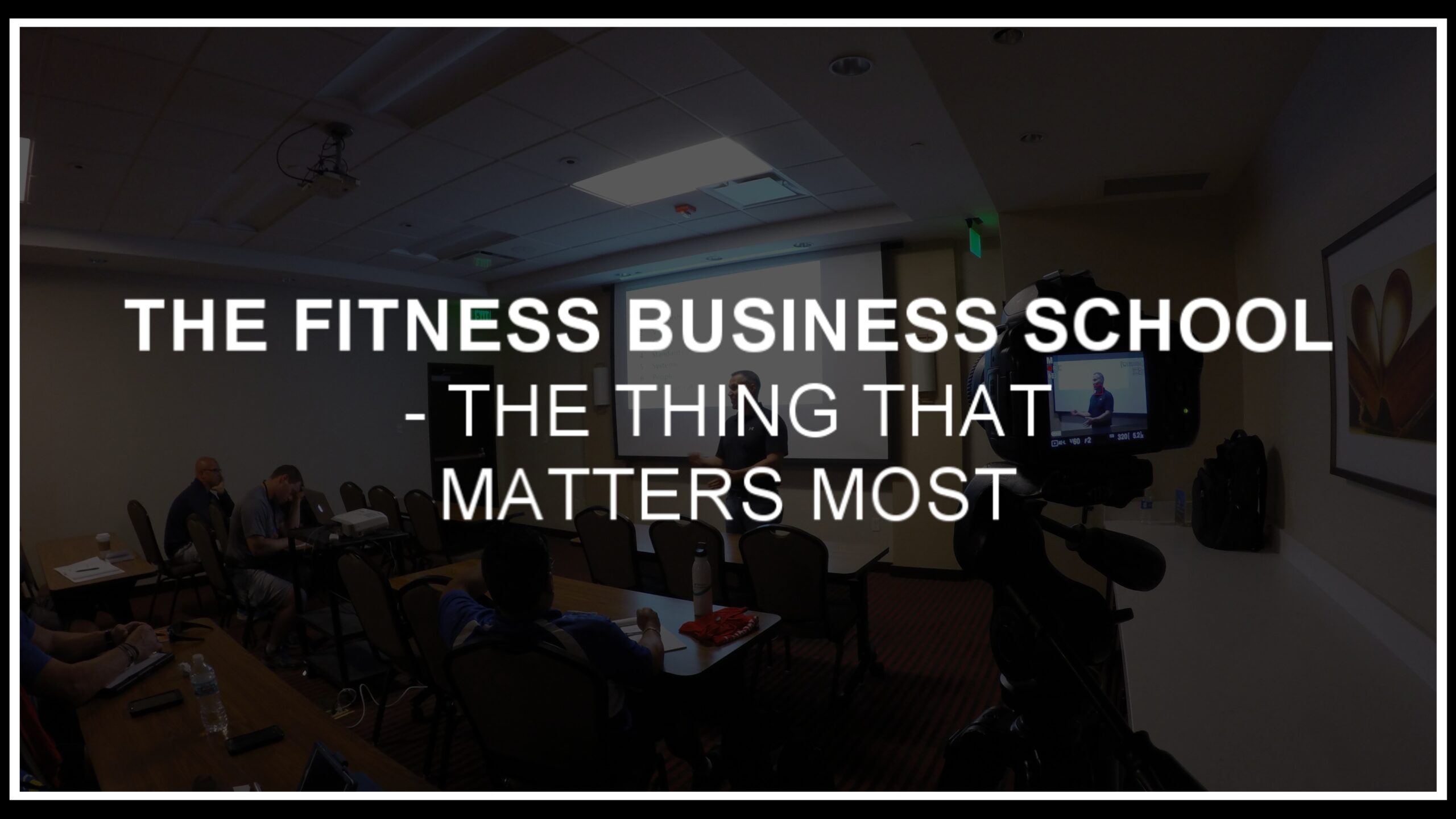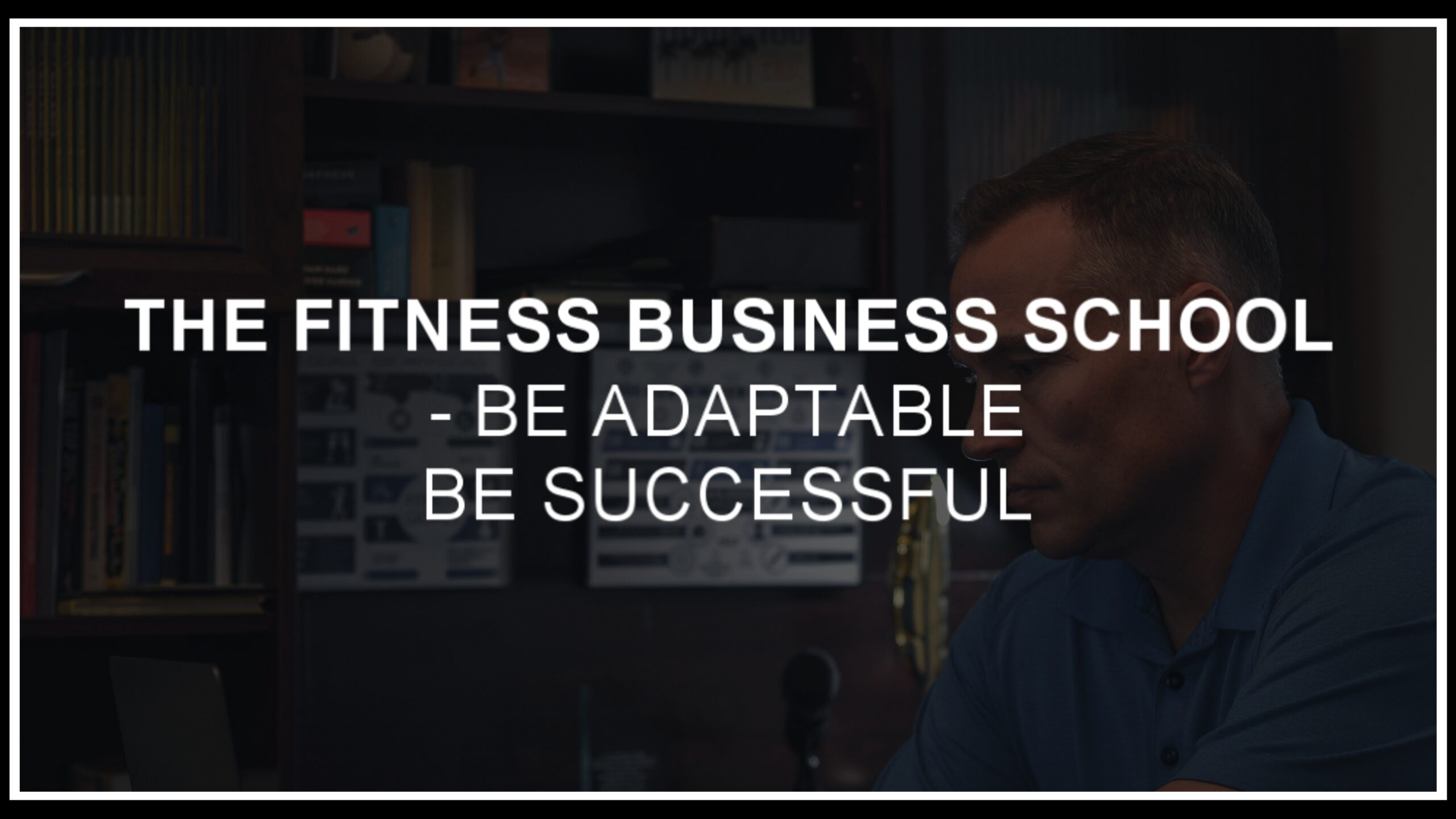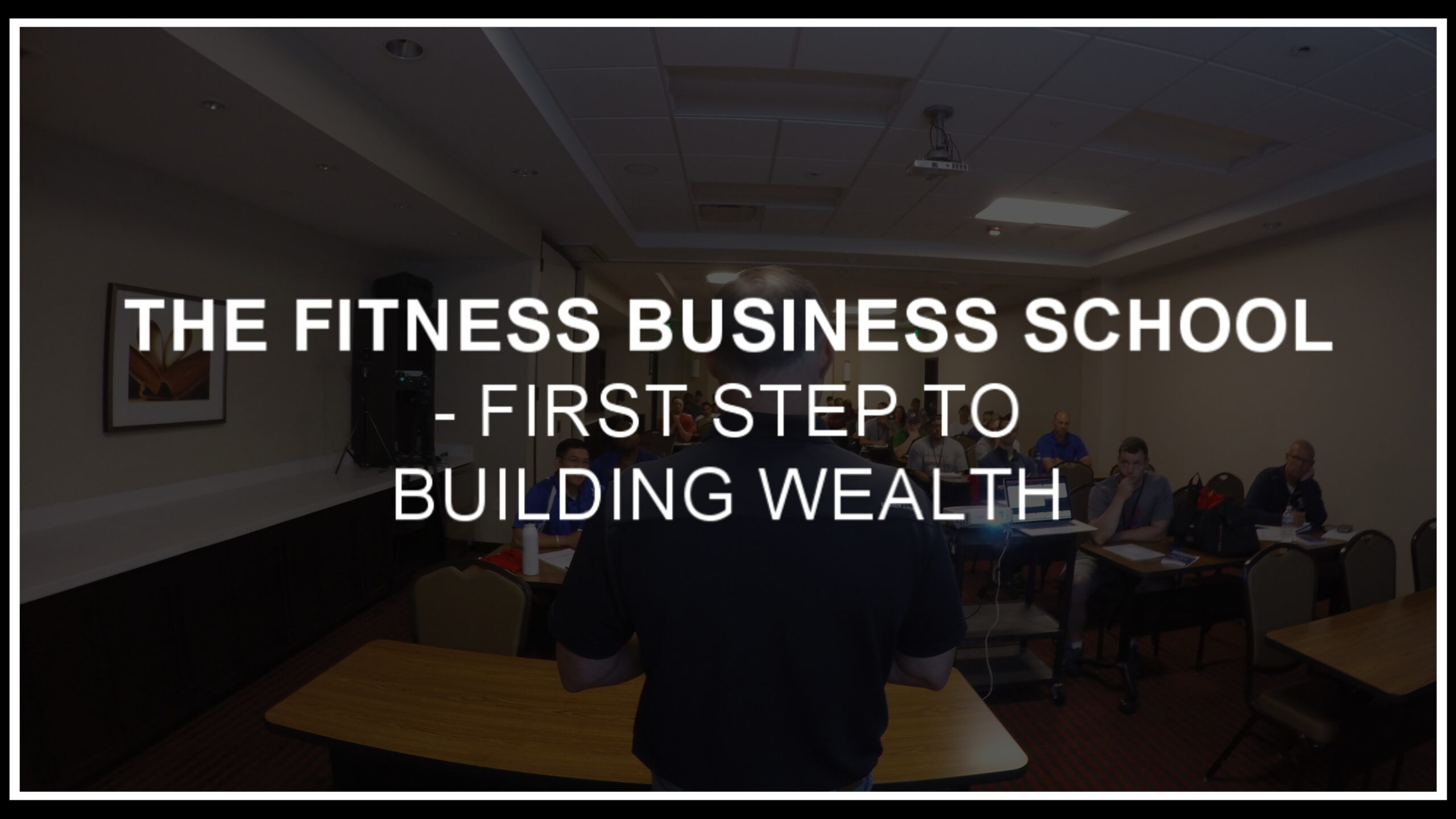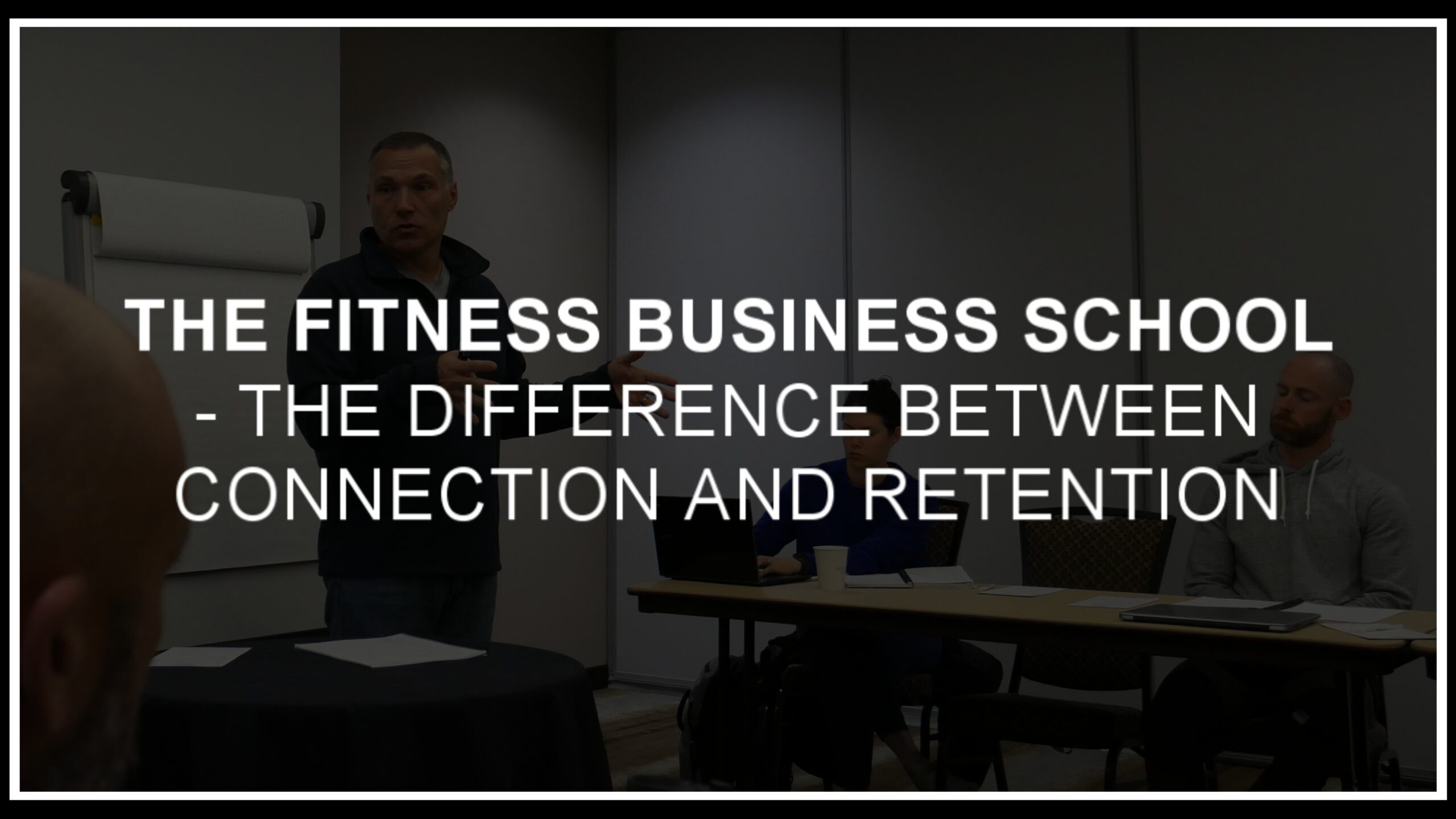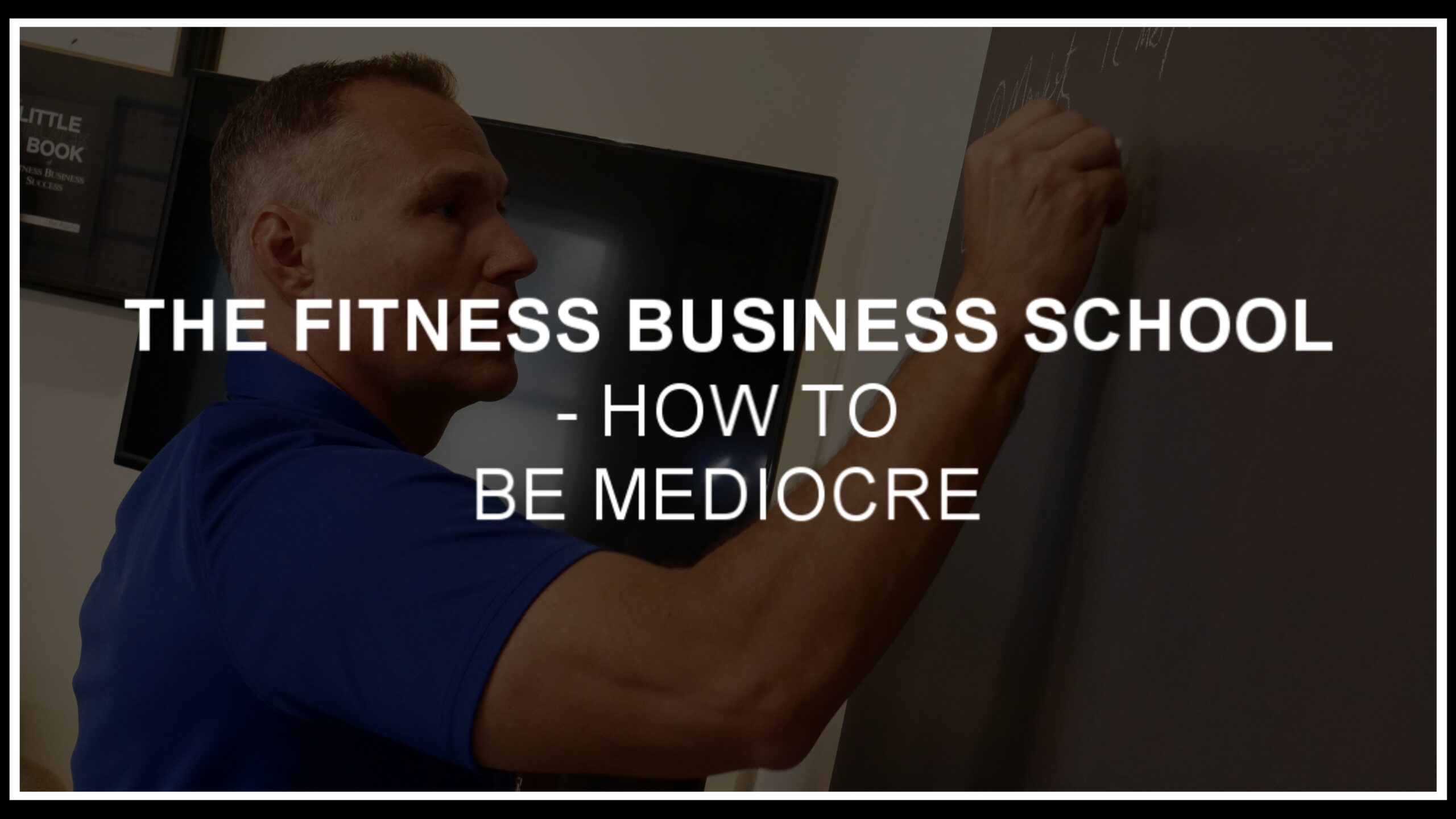Show Notes
- If you were to invest in a business, what would be your criteria?
- Do you fit that criteria?
- Why would an investor be compelled to invest in you?
- Can you profitably deliver the result that your promise?
- What is your moat and how are you insulated?
- How do your ideal prospects find you?
- Why are you the right person to own this business?
P.S. – 6-Weeks of Coaching…Free.
Get a surge of new clients and revenue over the next 6 Weeks with ZERO FEE and no obligation to continue?
If you’re a current business owner who wants to add 50K or more in annual revenue over the next 12 month, you can Test Drive our coaching program for 6 Weeks with no fee or even an obligation to continue as a way to demonstrate how we can help you grow your business.
No strings attached. No obligation. You get our best coaching & tools…and hopefully, you’ll love it enough that you want to keep working together.
Would you be interested in discussing?
If so, email me here with ‘interested’ in subject line and we’ll set up a chat.
Full Transcript
Hey, Pat Rigsby here, and in today’s episode I want to talk with you about optimizing business models. So let’s get started.
Welcome to the Fitness Business School podcast, the show for fitness business owners who want to grow their income, increase their impact and improve their lifestyle. Be sure to listen till the end of this episode because we have a brand new special offer exclusive for listeners. So stay tuned.
So I wanna come into this episode and talk about kind of the art and science of effective business models and maybe a little bit different way than I normally do. And I want to think about this almost like, if I were gonna go invest in a business, what would I invest in, right? Like, so I want to talk through the things that I think about when optimizing a business model, but looking at it through this lens.
So I want to, kind of just go step by step. So, if we think about this, like, if you were gonna go invest in a business that somebody else owned, and you said, okay, I’m gonna go be an investor. I wanna be a partner, so I need to believe in this. obviously we’ve got finite capital. Are we putting our money into the right thing, or should we be doing something different? So that’s the first thing that I would look at, right? and then the second is, is this person going to be the type of
person that I would want to invest in? Me living in Kentucky, there’s the saying occasionally that, Hey, you, you don’t bet on the horse, you bet on the jockey but I think that, as this person, somebody I wanna bet in.
So if you think about you as the business owner, are you somebody that people would bet on? Are you somebody, like, are your daily behaviors such that if I came and watched you for a week, I’d say, man, I’m gonna bet on that person. That person’s gonna be successful, right? and if, if we think about it
from that perspective, first and foremost, like, Hey, is this a project or a model that, a business that I would bet on, and this is a person that I would bet on? Then we want to unpack it, go a little bit deeper, right? so the, the first thing that I would say to, to dig deeper is, I would ask this question of you, like, what big reason, what compelling reason exists for people to choose you or your business as the, the person they they partner with to reach their goals and solve their problems, right?
Like, what I mean, and in my opinion, it has to be compelling. And there are, remember, we don’t live in a vacuum. We don’t operate without competition. Anything valuable, even if you’re the first mover in a market, eventually there will be competition. So what compelling reason is there for people to choose
you? And then when you answer that question, do you believe it? Do you believe it? Deep down in your soul, are you just saying that answer because you think it’s the right answer? Because a lot of times people will answer that question for me when we talk about crafting their marketing plan. And they’ll
say, well, this is why people should choose us, and it’s timid. And you can tell that they don’t believe it. They’re not convinced, right? So do you believe it? And then the, the second piece of the puzzle, if we know there’s a compelling reason, people should choose us. Like, Hey, we’re the best people in this
market to solve this problem for this type of person, right? So we know who our target market is, or our ideal client. We know what they need, we know what they want, and we are by far the best option available to them to help them go from where they are to where they wanna be. So then the second
question is it, can you deliver what you’re saying this result to these people profitably?
And this isn’t like the retail world where, hey, I’m buying something at wholesale and selling at retail when it’s that black and white, right? Like, it’s not, Hey, I’m buying something for a dollar and selling it for five. It’s okay, can I run the business that I wanna run profitably? Can I deliver the result
profitably? And I think that in general, service businesses certainly have, in my opinion, more upside than retail businesses. But I also think that more service business owners kind of bury their head in the sand when it comes to numbers than their equivalent in the retail world. Uh, I
mean, there are so many service business owners that, that don’t look at their numbers at all. They don’t know anything about what it costs to acquire a lead or a client. They don’t know anything at all about what their profit margins are.
They don’t really know much of anything about the numbers other than, Hey, is there enough money in my bank account to pay the bills? So that’s, that’s the the second question. If you were thinking like an investor and investing in you, can you deliver the thing to that person that would compel them to, to pay you profitably? And then, the third question, this comes from studying, Warren Buffet and Charlie Munger, the, like the Berkshire Hathaway team there, that,
that I think, it’s the greatest investment team of my lifetime. what moat do you have that’s gonna pro protect you against becoming a commodity? Because eventually somebody’s going to compete with you, and most of those people are probably gonna figure out a way to try to do it cheaper, right? Like, they’re going to try to figure out a way to compete on price.
So how can you insulate yourself from that? How can you be the person that, that that fends off that competition? And, and it’s not that you can avoid it entirely, right? I, I remember a gentleman that, that I know that he used to, uh, I mean, he still owns a number of businesses, but at the time he owned like 180 tanning salons. And he said that every time one of the little mom and pop tanning salons opened up in one of the markets where they were, I mean, it’d steal away a
few clients, friends of the owner or, people that lived really close to where this was, or maybe it was built just entirely on price of people thinking, well, hey, I can do this cheaper. And so, you know, how do you retain the bulk of your audience whenever competition does pop up?
How do you retain, 95% of them, but then also have a compelling pitch, a compelling offer, and a brand that continues to fill the pipeline and replace those people when they leave? And knowing that some of them will likely come back over time because that whole shiny object thing
doesn’t often work out the way that that, that people hope, right? And then the fourth thing that I would ask if I were an investor in your business is how are your ideal prospects going to find out about you and decide to become your client? So where are you? Where are they? Where, how are you
going to connect with them? How are you gonna compel them to become a client? And I think that a lot of people in our industry really struggle with this. They really, think that, Hey, if I just build it, people will just walk through the door and, you gotta know where your people are online and offline.
A lot of people just default to the online side of this. But if you’re running a local business, that seems kind of counterintuitive, right? Like, maybe we should be thinking, where are your people offline? do we know where they’re already spending money? Are there places we can market or
people that we can form alliances with, where we can reach them? And then once we have that, how do we get them to know, like, and trust us? How do we demonstrate that we can help them achieve their goals and solve their problems? And if we think of it that way, I mean, we just have to have a, a
consistent approach to doing this. And then finally, if we get back to that initial thing, right? Like, Hey, is this the right place to invest money? And then is this the right person to invest in?
Why are you the right person to own this business? Because I see a lot of people who get into our industry that they, they start to own a business because they just didn’t wanna work for somebody, right? They, it’s not that they’re excited about owning a business, or maybe they think that business
ownership is something different than what it actually is. Maybe they think that business ownership is just, Hey, I’m gonna go train and my clients will love me, so they’ll go refer to me and I’ll be in great shape. And it turns into being something very different from that the nice thing about it though is if there are things that maybe you’re a little deficient in or a little bit behind in, I know that in my case, there certainly was, I had had experience in leadership.
I had had some experience in recruiting, which mimicked sales and marketing a lot. and I had been doing a lot of coaching, but there were a lot of, things involved in the financial side of business I was unfamiliar with. There were tons of things involved in the ever evolving technology side
of business I was uncomfortable with there, was certainly a component to client acquisition that was different than what I was familiar with from a coaching perspective that I had to figure out. and what’s great is there, there were books and resources and people out there I could lean on to
help fast track that. So if you believe, hey, I’m the right person to build this business that would be investor worthy, then maybe you have the raw material, but maybe there are some gaps.
Maybe you have the drive and determination, but you just don’t have some of the prerequisite knowledge or experience. Well, you can go out and find that, but if you have the intangibles and maybe if you have some of those capabilities and experiences, you can get there, I mean, not only can you get there relatively quickly, but you can get there faster than somebody like I did. just because there wasn’t as much information easily available to me at the time. A lot of the stuff that I got into early on in the fitness industry, there certainly wasn’t, uh, nearly as much free information like podcasts and things like that available. there were only a couple people doing anything that kinda looked like business coaching in our industry. And frankly, I didn’t, I didn’t really align with their ways of
approaching things.
So I quickly had to kind of start to seek things out outside of the industry and was able to find some stuff. But it wasn’t easy here, man, you’re, you’re able to go grab free stuff. You can connect with people virtually instead of us having to cart our staff around the, the world to attend events and
that sort of stuff. So plenty of things that can help you fast track where you’re trying to go if you do feel like you’re the right person. But you know that I’ll wrap it up with this. Like, if you want to put your business under the microscope, if you want to say, okay, how do I build a better business? Then asking yourself some of these questions and thinking like you would if you were an outside investor or if you were having to present your business and answer these questions to a
perspective. And investor gives you a really different perspective. And frankly, it’s probably going to give you a really successful approach to building the business that you want. So put your business under the microscope and watch it improve.
Thanks for listening to this episode of The Fitness Business School.
Before you go, I’ve got a quick announcement. When I first connect with fitness business owners, they almost always ask me how I can get more clients and make more money. Well, I’ve got an exclusive offer for you and it’s gonna help you do just that.
And as a listener of this show, I would love to invite you to a conversation where you and I can talk about our new program, the Business Growth Sprint.
The Business Growth Sprint is a one-of-a-kind program where you get everything you need.
We actually work with you one-on-one, unlimited, one-on-one coaching and support.
We design a marketing plan for you.
We give you assets to execute the plan.
It’s unmatched in our industry between the level of coaching, the frequency of accountability, the simple step-by-step nature and the completeness of how it’s gonna guide you to making more money and improving your personal income fast.
Imagine having every tool, template, ad, and script that you need all ready-to-use. Plus you’re going to get one-on-one access with me and the other coaches on my team to make sure that everything from your business growth plan to your marketing and sales system is done, turnkey, ready to go.
And what’s great is there is zero risk. We guarantee that you are going to add at least $4,000 a month in recurring revenue, or $20,000 a month cash collected as part of this program in just four months.
So if you are interested, if you’d like to discuss and see if this is a fit, just shoot me an email at [email protected] and put Sprint in the subject line and I’ll get you all the details.


